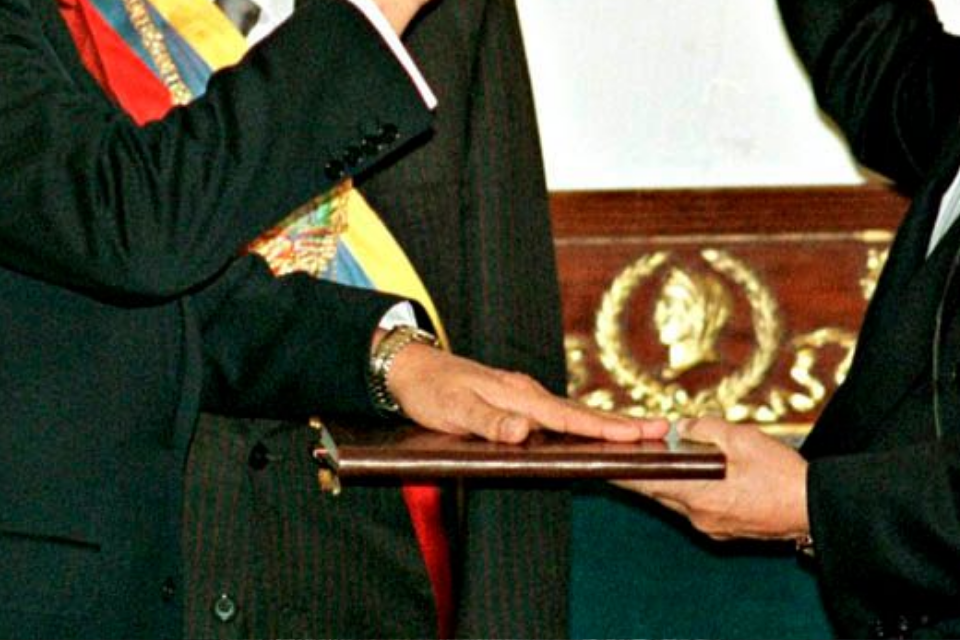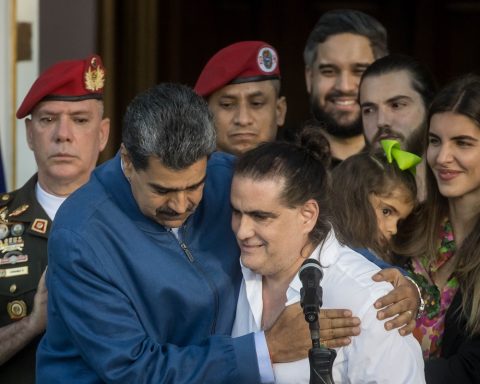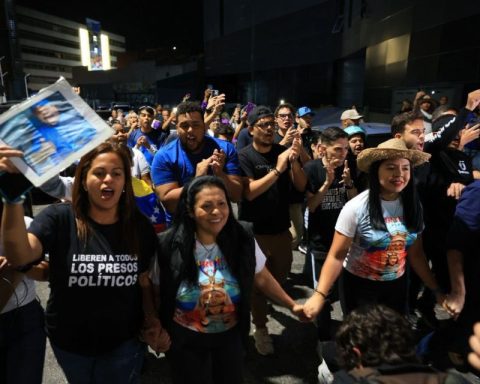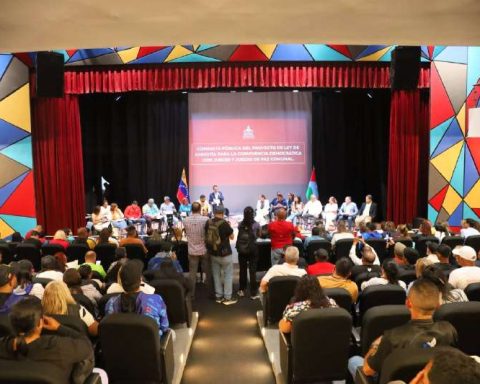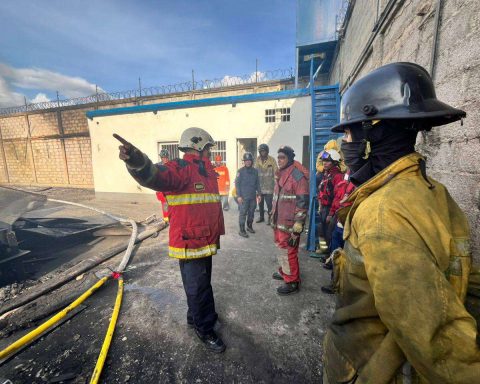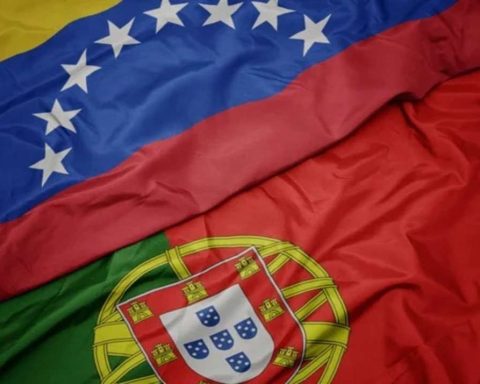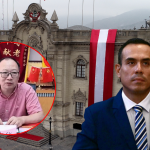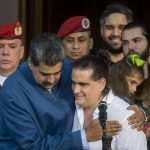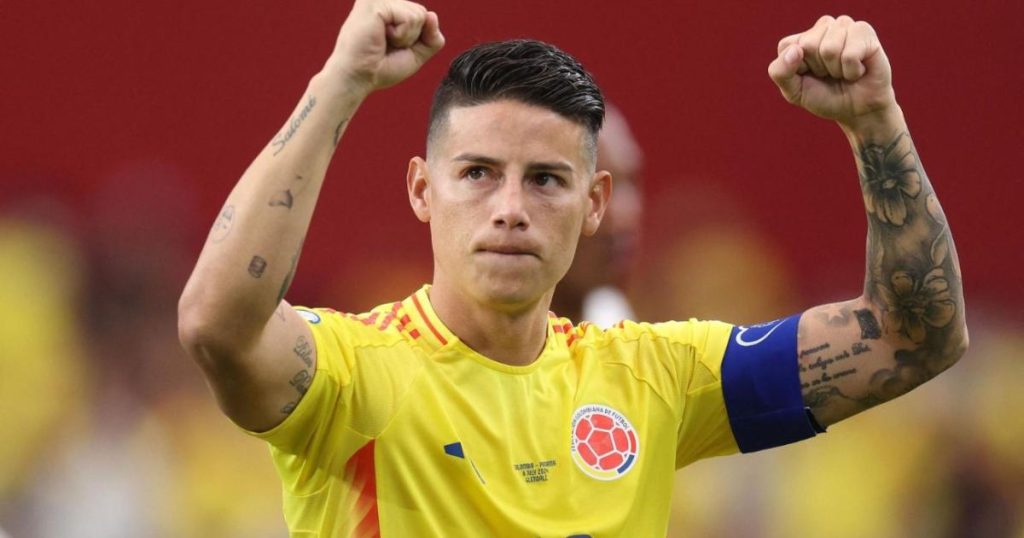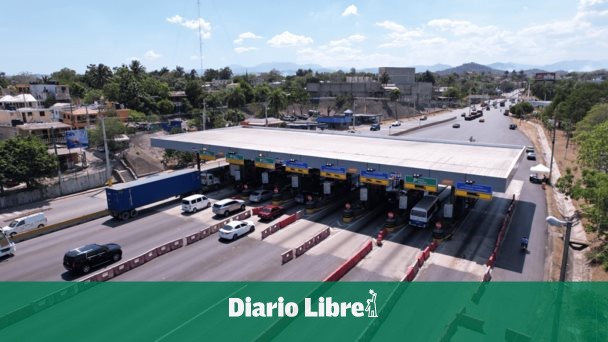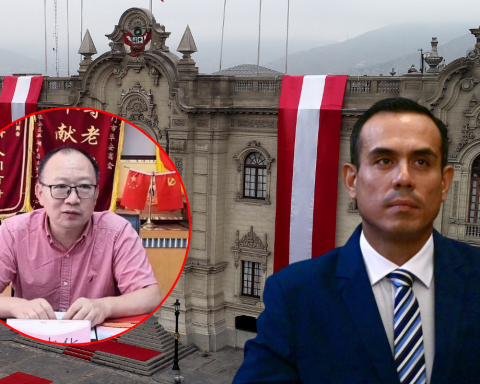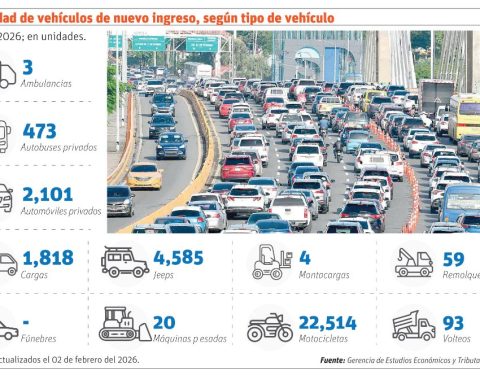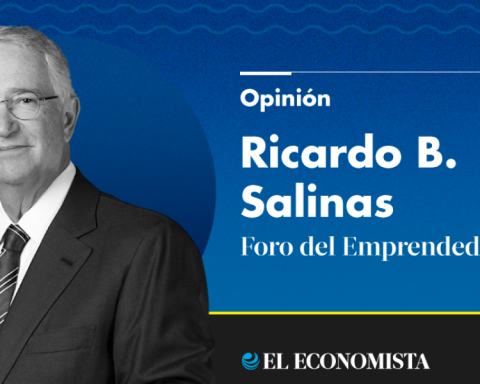Although the essence of the presidential swearing-in is established in article 231 of the 1999 Constitution, in this year 2025, the country reached this milestone with expectation and shocks due to the political crisis generated after the presidential elections of July 28. The historian Froilán Ramos points out the current anomalous situation. He states that the alternation was achieved on March 10, 1969, when a ruler, who came to power democratically, handed over power to a ruler from a different party: President Raúl Leoni (AD) handed over power to Rafael Caldera ( Copei)
The presidential swearing-in is a civil, constitutional and historical act that begins the six-year presidential term in Venezuela.
Although the essence of this act is established in article 231 of the Bolivarian Constitution of 1999, in this year 2025, the country reached this milestone with expectation and shocks due to the political crisis generated after the presidential elections of July 28 and the fact that the CNE, as indicated by the Organic Law of Electoral Processes (Lopre), did not publish the disaggregated results of the elections.
In this text, SuchWhich describes the way in which the swearing-in of leaders has taken place in the contemporary history of Venezuela.
Carole Leal Curiel, specialist in political history, in her work «lhe transmission of power: the construction of democracy in Venezuela through its oaths» spread by Prodavinci, points out that “the ceremonial acts of presidential inauguration are actions conventionally structured through a set of regulations that established the protocol to be followed and with the political reformulation of some of them in the process of consolidating democracy.”
In this way, after the establishment of democracy in 1958, the political parties established an agreement on the performance of the ritual. «The two basic aspects agreed upon for the performance of the inauguration ceremony were: expressing the commitment of the position through the formula of an oath that had to be taken at the headquarters of the Federal Legislative Palace, that is, at the headquarters of the National Congress of the Republic and not in the open air,” he points out.
This January 10, Nicolás Maduro took the oath from the Elliptical Hall of the National Assembly (AN).
Carole Leal Curiel records that the act of swearing in, taking possession of employment or the “legal oath” contains four parts: the taking of the oath as such, the imposition of insignia, the signing of the act and, finally, the first speech that he directs. to the nation the sworn president.
the historian Froilan Ramosprofessor at the Catholic University of the Santísima Concepción of Chile, expresses that “we are facing an anomalous situation in a process that is fundamental for the constitutional order of the country and this abnormal situation is produced by the current political scenario.”
He adds that the takeover is a republican civil act of the beginning of a constitutional mandate and that reflects the magnitude and magnitude of the presidential office.
«From the historical point of view, Venezuela has gone through several stages: Roughly speaking, the stages from the 19th century to the 20th century were regulated by the Congress, which was the institution that elected, in most of this long period, the leaders. In many cases, there were episodes in which The leaders did not finish the period due to the so-called revolutions or civil wars of the 19th century.«he points out.
Ramos explains that there is a second period, which he qualifies as clue for the Venezuelan republican tradition and The democratic vision of liberal democracy was the period of 1958-1998. During that period, the swearing-in was contextualized by several key aspects.
«The first thing is that all the rulers of the democratic period were elected by direct and secret universal vote, something unprecedented in Venezuelan republican history. Rómulo Gallegos was the first to be elected in 1947, but he only managed to stay in office for nine months compared to the period of democracy in which the democratically elected rulers finished their constitutional terms, and here we go to the second milestone: they delivered the “I peacefully mandate another democratically elected ruler,” says the historian.
He points out that it was in 1964 the first time that a democratically elected ruler handed over command to another elected in the same way: the presidential band went from Rómulo Betancourt to Raúl Leoni, both from Democratic Action (AD).
*Read Also: According to the Constitution, what should happen on January 10?
Another fundamental milestone, highlights Froilán Ramos, was the alternation in power and that was achieved March 10, 1969when a ruler, who came to power democratically, handed over power to a ruler from a different party: President Raúl Leoni (AD) handed over power to Rafael Caldera (Copei).
«Despite the economic crises of the 1980s, there were changes in different parties without surprises »he adds.
Swearing in at the time of the revolution
Professor Froilán Ramos points out that, within the chavismo period and from 1999, “we had or a feeling of a dominant hegemony in power because Chavismo not only had the presidency, but also had majorities in the National Assembly and generated a narrative of an exercise of overwhelming power. “There were no spaces created for political minorities or for the adversary.”
The researcher highlights the case of the swearing-in on January 10, 2013 because on that occasion the difficulties for the chosen candidate, Hugo Chávez, to assume power were evident physically and medically. He adds that Chavismo then assumed the narrative that all those who voted for Chávez were going to be sworn in.
«This is unconstitutional because no section of the Constitution appears and nor did there appear on the part of other public powers, such as the National Assembly or the Supreme Court of Justice. (TSJ) the possibility of a medical evaluation, which would be the logical, rational and sensible thing to do in this case. It was an anomalous episode in which Chavismo took a turn using different mechanisms and narratives to evade the thread or the constitutional order,” says Froilán Ramos.
He considers that policies such as the one described are typical of populism and adds that it is part of what originated after the non-verification of the electoral results after six months of the 2024 presidential elections.
It emphasizes that the presidential swearing-in of 2025 shows institutional weakness of State agencies “to make the democratic system transparent. “Since there are no minutes, there is no auditable process, there is an absence of legitimacy in the process.”
Ramos maintains that, both nationally and internationally, “the fracture of Venezuelan democracy in a before and after is evident.”
*Journalism in Venezuela is carried out in a hostile environment for the press with dozens of legal instruments in place to punish the word, especially the laws “against hate”, “against fascism” and “against the blockade.” This content is being published taking into consideration the threats and limits that have consequently been imposed on the dissemination of information from within the country.
Post Views: 138
